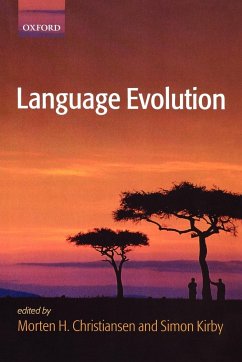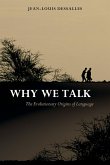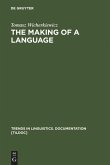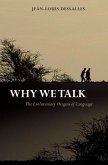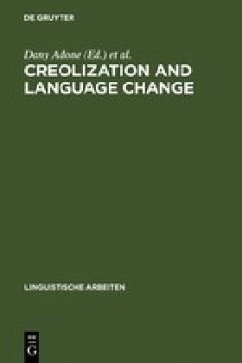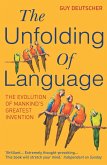The leading scholars in the rapidly growing field of language evolution give readable accounts of their theories on the origins of language and reflect on the most important current issues and debates. As well as providing a guide to their own published research in this area they highlight what they see as the most relevant research of others. The authors come from a wide range of disciplines involved in language evolution including linguistics, cognitive science, computational science, primatology, and archaeology.
Hinweis: Dieser Artikel kann nur an eine deutsche Lieferadresse ausgeliefert werden.
Hinweis: Dieser Artikel kann nur an eine deutsche Lieferadresse ausgeliefert werden.
Some time since we and the chimpanzees went our separate evolutionary ways, probably towards the very end of that 6 million year period, an innovation occurred whose only precedent was arguably the DNA code itself. Language arose in our ancestors, and there had been nothing like it. Of course other species communicate, many of them vocally, but none of this comes close to the open-ended, generative capacity, the huge vocabulary, the nuanced subtlety, the permanent recordability of language. As an outsider, it is with real fascination that I have read this compendium. One of the merits of any book is its capacity to stimulate the reader to think beyond its confines. This, and other merits are possessed by Language Evolution in abundance. Richard Dawkins

